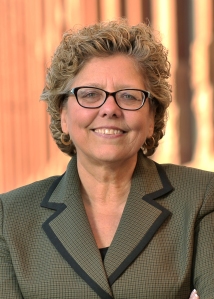(Chicago) – Jails, courts, and prisons across the U.S. have been inundated for decades with people who have untreated health problems.
Rates of substance use disorders, mental illness, and other chronic health conditions are far higher among people in jail than they are among the general public. These health conditions, often co-occurring, contribute to chronic arrest and recidivism. Until the passage of the Affordable Care Act in 2010, for millions of men and women cycling in and out of jails, their first or only access to healthcare services very often occurred only when they were incarcerated.
In 2012, the Chicago Community Trust provided important early funding to TASC to work with Cook County partners to leverage the ACA to increase opportunities for healthcare access in the community. Since then, and thanks to continuing support from the Trust and an array of partners, an estimated 15,000 people have obtained coverage after having initiated their applications at the Cook County Jail.
The Trust recently reported on the success of this initiative in a feature entitled, Seizing a Health Care Opportunity: County Jail.
Excerpt:
Before the ACA, only 1 in 10 had coverage. A combination of circumstances suddenly made it feasible to try to raise that number to 9 in 10: a waiver that allowed Cook County to get a year’s head start on expanding Medicaid to include single adults; a willingness among all the disparate shareholders to work together; and TASC’s commitment to lead the planning group that formed the Justice and Health Initiative, or JHI.
And, critically, the Trust provided seed money, awarding a grant of $98,000 in 2012. It was the first of four grants, for a total of $392,200.
“The Trust deserves credit for being the first to invest in this,” says Pamela Rodriguez, president and CEO of TASC, which coordinates health services and advocates for people in the justice system.
The Trust-funded Justice and Health Initiative represents a crucial step toward broadly addressing the underlying issues—substance use and mental health disorders—that often bring people in contact with the justice system.
“Through these public-private partnerships, we can bring innovative policies and successful practices to scale, and ultimately we can reshape the landscape of justice and health in this country,” Rodriguez wrote last year.
“Brought to scale, this innovation is a game changer.”
Read the Chicago Community Trust’s feature story here.

